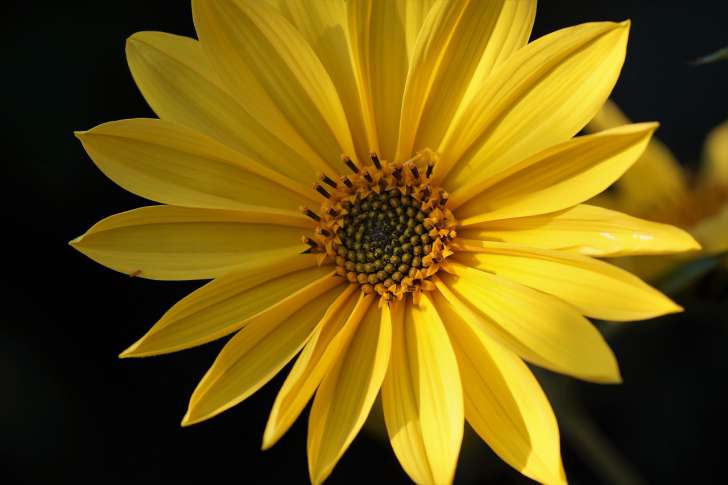Jerusalem artichoke: How to grow
Jerusalem artichoke can adapt to any growing conditions, it can grow in the sun, in partial shade, it grows even in shaded places, but then the quantity and quality of tubers deteriorates.
When does the Jerusalem artichoke begin to bloom
The inflorescence is a basket with yellow false-ligulate flowers, reminiscent of a sunflower basket, but much smaller.
Jerusalem artichoke pollination occurs cross-pollination. Flowering occurs in the autumn.
What kind of soil is needed
It is suitable for different types of soils: chernozem, sandy loam, soddy-podzolic and dacha soils with high humidity.
How to feed Jerusalem artichoke
The average recommended amount of application is 30 - 40 t/ha of manure (or humus) and 60 - 90 kg/ha of nitrogen, phosphorus and potassium.

Organic, phosphorus and potassium fertilizers are applied during autumn plowing, and nitrogen fertilizers are applied in the spring during plowing or cultivation.
Is it necessary to prune Jerusalem artichokes for the winter
However, such pruning does not necessarily affect the overall health of the plant.
Pruning should be done in late winter - early spring.
Ideally, you should wait until new basal growth appears before trimming dead and winter dead parts to about 6 inches from the ground.
Previously, we told unusual facts about pumpkins.
